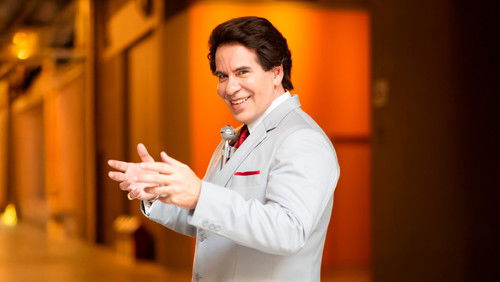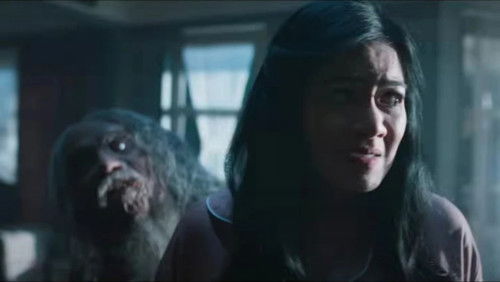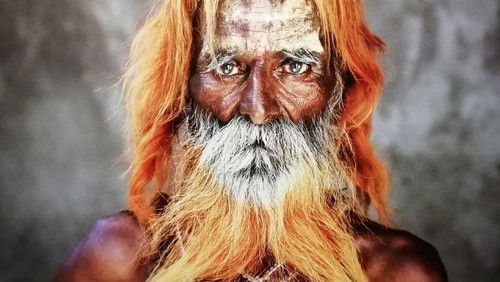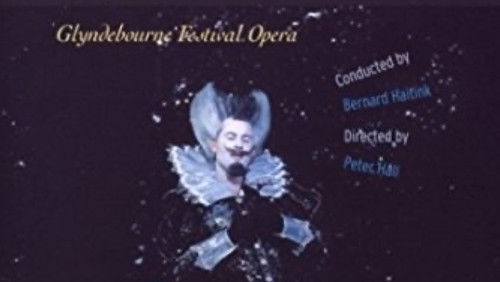Tsuki wa dotchi ni dete iru (1993)
52KTsuki wa dotchi ni dete iru (1993). Tsuki wa dotchi ni dete iru: Directed by Yôichi Sai. With Gorô Kishitani, Ruby Moreno, Moeko Ezawa, Masato Furuoya. Story of everyday life and romance of a taxi driver who is a Korean resident in Japan.
“An ethnic Korean taxi driver, Tadao, falls for Connie, the Filipina hostess working in his motheru0026#39;s club, all the while dealing with the day-to-day weirdness of his family, bosses and co-workers.u003cbr/u003eu003cbr/u003ePlot-wise, All Under the Moon lacks any driving through line, instead throwing our a series of vignettes that are mildly amusing. Tadaou0026#39;s eternally cash-strapped colleague hates Koreans but likes Tadao. His repetitious mantra is at first cute but then hints at a darker malaise, the most serious of the filmu0026#39;s many narrative strands. Tadaou0026#39;s Korean boss also makes appeals for solidarity on ethnic lines, but Tadao is as disinterested in his bossu0026#39;s overtures as he is in his co-workersu0026#39; prejudice. He is an honest Joe trying to make a decent living, get some action, and enjoy some drinks and gambling with his mates. His world-weariness with Korean peninsula politics, Japanese discrimination, and his motheru0026#39;s hypocrisy (she decries Japanese prejudice against Koreans, while telling Tadao sheu0026#39;ll disown him if he marries Connie), subtly implies that it is time we all moved on from such stifling arguments. And yet he falls for Connie, a woman more marginalized in Japanese society than himself, suggesting he has internalized something of the status Japan assigns him, or perhaps is rejecting all the potential marking the choice of a Japanese or Korean lover would bring.u003cbr/u003eu003cbr/u003eThe lack of plot, and comic set-ups, make the film feel like a big screen spin-off of some much-loved but parochial TV dramedy. More of interest is the performances of the two leads, who bring an under-stated warmth to the journey Tadao and Connie undertake. Gorô Kishitaniu0026#39;s naturalistic presentation makes Tadao an everyman figure despite his u0026#39;exoticu0026#39; stamp in Japanese society. When a customer outs him in his taxi, Tadao becomes the quintessential respectful taxi driver indulging a drunk customer, while in the act of u0026#39;owning up tou0026#39; his Koreaness. Unlike most gaijin who try it, Ruby Moreno as Connie manages to pull off playing in Japanese dialect without sounding like a clown. The hard-but-vulnerable female working in the u0026#39;water tradeu0026#39; is an archetype, but Moreno keeps it fresh and vibrant. Deadpan Tadao and excitable Connie play off each other delightfully, while managing to make their relationship seem familiar and poignant.u003cbr/u003eu003cbr/u003eThe film threads in its questions about Japanese identities frequently, but never in a heavy-handed way. For Japanese audiences, glimpses of a u0026#39;hiddenu0026#39; Japan – a Korean wedding ceremony, church services in Spanish – might prove something of an eye-opener.u003cbr/u003eu003cbr/u003eTadao is never troubled enough as a protagonist to make this film compelling, but there is a charm to the romance story, and some smiles at the antics of the taxi drivers, that bring their own entertainment. And as a rare example of Japanese minorities taking centre stage on film, this movie will no doubt continually attract attention.”









